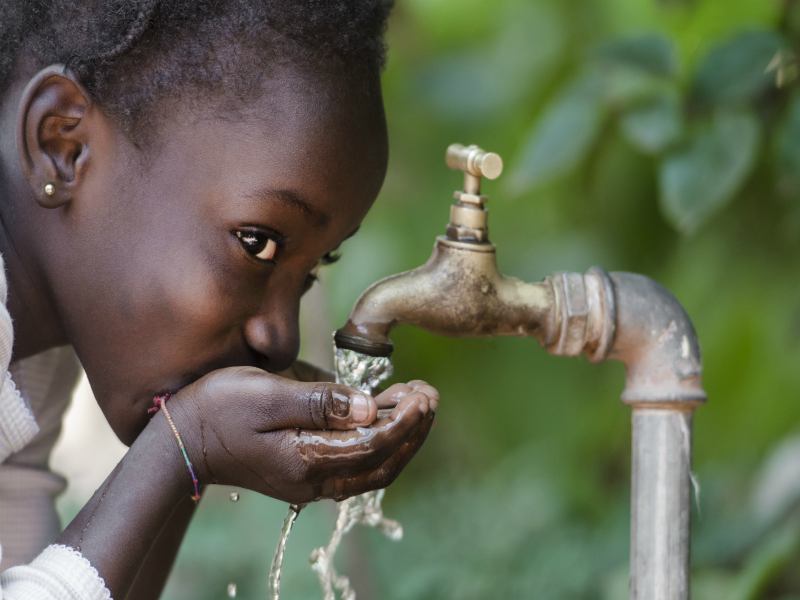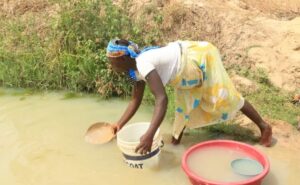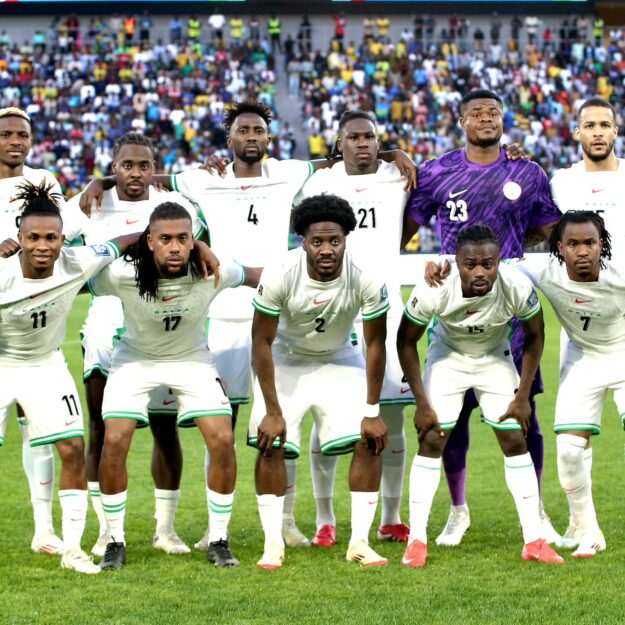
Alarming statistics are coming from Nigeria’s Water, Sanitation, and Hygiene (WASH) sector. In a population of 200 million people, about 69 million people lacked access to safe drinking water and over 110 million people lack access to improved sanitation in 2013.
Today, the sector has not experienced any major improvement. A 2018 National Outcome Routine Mapping of Water, Sanitation, And Hygiene Levels in Nigeria (WASH NORM) revealed that water and sanitation coverage rates in the country are amongst the lowest in the world while the country was ranked second place -after India – among countries with the largest number of people still practicing open defecation.
According to the report, which was a joint effort of the Federal Ministry of Water Resources, National Bureau of Statistic, the World Bank, and UNICEF, about 47 million people still practice Open Defection (ODF) in Nigeria, with millions of them living in the rural area.
As part of the efforts to ameliorate the situation, the Water Sanitation and Hygiene Development Group in Nigeria pledged USD700million to fund water and sanitation programmes in the country.
While this is a step towards the right direction, I will like to echo the concern raised by the Chief of WASH, UNICEF Nigeria, Mr. Zaid Jurji, which is on the strategy for implementing these WASH solutions in the country.
As a social worker with core competence in project design and strategy, I have always advocated for off-grid solutions delivered through an enterprise development model as the best way to solve most of our country’s social problems.
A typical example of this is the Afterschool Centre for Career Development’s Solar Jobs Initiative, which is utilising the same model to solve the energy poverty of Nigerians while delivering jobs to unemployed young people.
As a country, Nigeria is plagued with 92% energy poverty. What this means is an average Nigeria is exposed to a minimum of 8 hours of darkness every single day.
This gap between electricity demand and supply means that many Nigerian businesses and homeowners have no option but to adopt expensive diesel- or petrol-powered generators for their commercial, industrial, and residential uses.
In rural areas where the bulk of the energy-poor population lives, various forms of inefficient lighting fuel such as kerosene lamps, firewood, candles for just basic lighting provision are predominant despite their negative health, safety, and environmental issues.
While off-grid solutions have been adopted to solve this with generating sets; the operational cost of using a generator and the environmental impacts are a discussion for another article. In fact, in most Nigerian companies, their generating plants are the most highly paid “employees”.
READ ALSO: Court jails 29 for sanitation offences
Solar energy is the cheapest, most effective and most environmentally friendly way out of our country’s energy poverty, thus, the need to create a value chain of solar engineers and entrepreneurs who can market, install and provide aftersales services across the country.
Since its launch, Afterschool Centre for Career Development’s Solar Jobs Initiative has recorded significant successes. Three of our Alumni are now franchise partners with our Technical Partners; 43 are super agents and they are already driving in value in its millions of naira to the company while one of our Alumni took a huge step as well to create her Solar brand – Grassroot Solar. An evaluative team will continue to monitor and report on the lessons of implementing this initiative.
But the possibilities being recorded so far shows the value that an off-grid entrepreneurial model can bring to a sector at the grassroots level.
The Water Sanitation and Hygiene Development investments will be best implemented if this off-grid entrepreneurial model is employed in the project delivery methodology.
Development and government partners need to create a value chain for WASH engineers and entrepreneurs who can market, install and provide WASH services across the country, especially in rural areas.
A good first step will be to harness the entrepreneurial spirit of the Nigerian youth by providing training, startup funding, and other opportunities for young people in the WASH sector to provide innovative solutions that can transform the WASH services across Nigeria.
If the off-grid entrepreneurial model is working for the power sector, it can work for the WASH sector and bring about the transformative change that we seek.
Esther Eshiet is a social entrepreneur and the Faculty Lead at Afterschool Centre for Career Development (ACCD), a social enterprise based in Cross River state.
You may be interested

Boniface Scores As Leverkusen Beat Bochum, Close In On Bayern Munich
Webby - March 28, 2025Victor Boniface was on target for Bayer Leverkusen in their 3-1 home win against Bochum in the Bundesliga on Friday…

NPFL: Defeat To Kwara United Painful — Nasarawa United Boss Yusuf
Webby - March 27, 2025Nasarawa United head coach Salisu Yusuf has reacted to his team’s 1-0 loss to Kwara United, reports Completesports.com. Emeka Onyema…

Cote d’Ivoire Withdraw As Host Of U-20 AFCON
Webby - March 27, 2025Cote d’Ivoire announced late Tuesday its withdrawal from hosting the 2025 U-20 Africa Cup of Nations just weeks before the…




















![American Pastor, David Wilson Seen Eating The Box Of Woman Who Isn’t His Wife [Video]](https://onlinenigeria.com/wp-content/uploads/2019/10/american-pastor-david-wilson-seen-eating-the-box-of-woman-who-isnt-his-wife-video-150x150.jpg)









